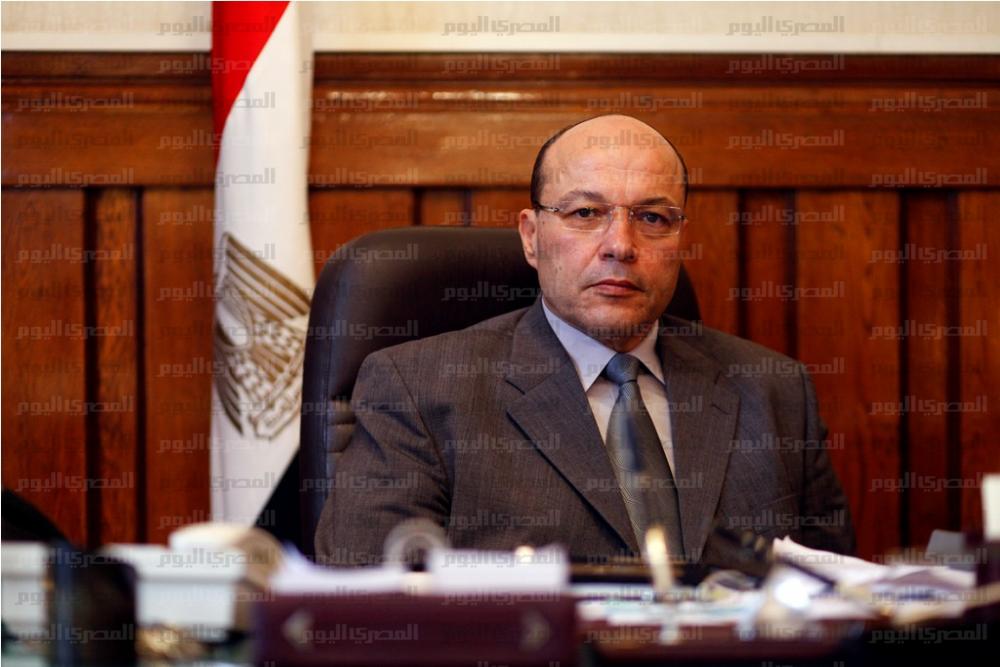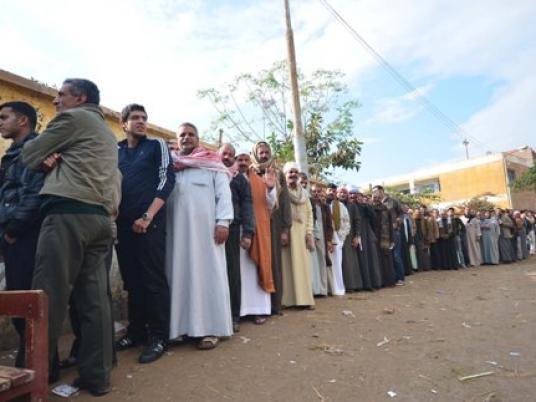Egypt's beleaguered Coptic Christians, who saw two of their number killed in clashes with police last week, fear growing discrimination despite the Islamist opposition being wiped out in parliamentary elections.
"We are talking about discrimination not just from the government. The government has succeeded in Islamising society… They are using religion to get the support of ordinary people," said Emad Gad, of the Al-Ahram Centre for Political and Strategic Studies.
"We are living under a fanatic bureaucratic system. Just to fix a church window you need permission from the government. If you want to build a mosque you can get permission in no time."
Egypt votes on Sunday in the run-off to a general election that tightened the ruling party's grip on power, after the Muslim Brotherhood was wiped out in last Sunday's first round which was marred by accusations of widespread fraud.
Some fear a growing Islamist threat from within President Hosni Mubarak's National Democratic Party.
On Friday, a Coptic opposition candidate running for the secular Wafd party accused the NDP of fraudulently claiming her seat shortly after she had been declared the winner, and blamed "extremist" Islamic elements inside the party.
"For sure this was due to an anti-Coptic faction within the NDP… a Wahhabi Salafist current," said Mona Makram Ebeid of a strict version of Islam practiced in Saudi Arabia.
Sectarian tensions have been rising in Egypt after Muslims set fire to homes owned by the family of a Christian man rumored to have flirted with a Muslim girl last month and amid threats against Copts by Al-Qaeda in Iraq.
Days before last Sunday's first round, bloody clashes erupted in Cairo's Talibiya district between Coptic protesters and police over the refusal of local authorities to allow them to turn a community centre into a church.
Coptic Christians comprise up to 10 percent of Egypt's 80-million predominantly Muslim population, and have been the target of sectarian attacks in the past. Clashes between Christians and police are rare, however.
Two demonstrators were killed and dozens wounded, while more than 160 were arrested, including youths as young as nine.
Muslim residents of the area chanted anti-Coptic slogans during the clashes and also hurled rocks at the demonstrators.
Nagib Gibrail, a Coptic activist and human rights lawyer, said he was saddened and disappointed by the government's "very aggressive" response to the Talibiya protests.
"They used real bullets and with these bullets they killed two people.
"The NDP have been promising that they will change things for 15 years. They repeat those promises before the elections take place. They promised, for example, that they would change the law governing the right to build churches, and this never happened," Gibrail added.
But he believes discrimination goes far beyond that.
He said the education system is entirely Islamic, with no reference to Coptic culture, that Copts are often barred from attaining senior government posts, that Muslim authors get away with publishing inflammatory anti-Coptic articles and Muslims are prohibited from converting to Christianity.
The US State Department in a report last month also complained about the state of religious freedom in Egypt, singling out minority groups such as Christians, saying they "face personal and collective discrimination."
Political science professor Mustafa Kamel al-Sayyed agrees that there is a popular Islamist trend sweeping Egyptian society and that the Copts have good reason to feel marginalized.
But he also argues that the Islamization of society does not come from the government, as demonstrated by its severe crackdown on the Muslim Brotherhood in the run-up to the legislative election.
"I think it is an expression of a trend that affects many Muslim countries… It is a threat not just to the Copts but also to people who do not agree with the ideas of the Islamists," Sayyed told AFP.
But others fear the Mubarak government has allowed this trend to pervade the nation.
"Discrimination against the Copts is systematic and comprehensive in Egypt. You find it in government bureaucracy, in the courts, in the police and in the universities," according to Emad Gad.
A court hearing is due later this month in the trial of three Muslim men accused of killing six Copts in southern Egypt in January as they emerged from mass on the eve of Coptic Christmas.
Gad said he thought it unlikely the outcome would be satisfactory.


